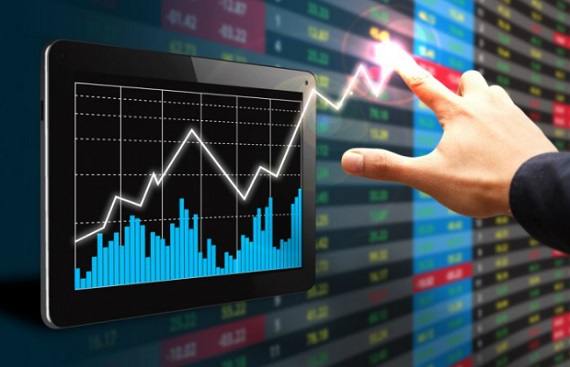There’s no getting around it – the CFD market can be an emotional roller coaster. From the joy of a winning trade to the despair of a losing one, spending time in this market can take its toll on even the most seasoned trader. However, by employing some simple techniques, you can significantly reduce emotions’ impact on your trading. In this article, we’ll discuss four such techniques.
So read on and put these methods into practice. They make all the difference in your trading success. You can also go to https://www.home.saxo/en-sg/products/cfds for more information on trading CFDs.
Four techniques that can help you deal with emotions in the CFD market
Set well-defined trading rules
The first method for managing emotions in the CFD market is to set well-defined trading rules. It can be as simple as deciding exactly how much money you’re willing to risk on a single trade and following this rule at all times. Or it can involve setting targets and stopping losses – deciding what profit or loss threshold you are willing to accept before exiting your position.
Whatever approach you take, having defined rules for your trading will not only help keep your emotions in check but will also give you peace of mind knowing that you have a plan for every scenario and won’t be tempted to deviate from it just because things aren’t going your way at the moment.
Take a break when needed
Another helpful technique for dealing with emotions in the CFD market is to take a break when you feel yourself losing focus or becoming invested in your trading. Research has shown that taking regular breaks from work can increase productivity and reduce stress, so why not apply this same logic to your trading?
By stepping away from the screen now and then – even just for a few minutes – you give yourself time to re-focus on the task at hand and make more objective decisions about how to proceed with your trades.
Create an action plan
A third technique for managing emotions in the CFD market is to create an action plan for those times when things don’t go well. It might mean setting aside some money specifically for investment losses or having a contingency plan for dealing with difficult situations.
Regardless of your approach, having an action plan can help you avoid making rash or impulsive decisions due to emotions. And by thinking through difficult situations and planning for them in advance, you’ll be better prepared to react when they arise, which is crucial for success in the CFD market.
Focus on something else
Finally, a fourth technique for dealing with emotions in the CFD market is finding ways to channel your energy into other activities you enjoy. It could mean doing something completely unrelated to trading – like exercising or meditation – or focusing on related tasks that are not directly connected with your trades.
Other tips or advice that can help traders manage their emotions effectively while trading CFDs?
Some many other tips and strategies that can help traders manage their emotions effectively in the CFD market. Some of these include:
Maintaining a healthy work/life balance by setting aside specific times for trading and investing and other activities and responsibilities. It will allow you to stay focused on your trades when it’s time to trade and avoid becoming overly stressed or anxious about the market.
Use risk management or money management, such as setting stop losses, limiting the amount you’re willing to lose per trade, and diversifying your investments. It will help reduce adverse outcomes’ impact on your trading decisions.
Conclusion
Whether you are a beginner or an experienced trader, it is crucial to managing your emotions effectively in the CFD market if you want to achieve success. By using well-defined trading rules, taking regular breaks from work, creating an action plan for complex scenarios, and finding other activities you enjoy, you can stay focused while trading and avoid making rash or impulsive decisions due to emotions.
With the right mindset and techniques, you can overcome the challenges of trading in the CFD market and succeed over the long term.

